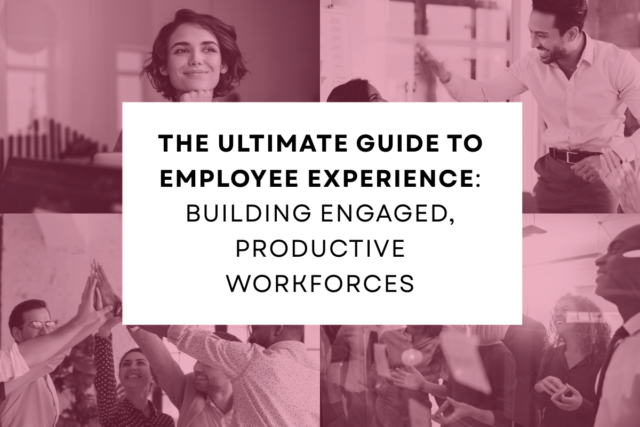April 09, 2025
CEOs make big big push for AI but less work/life balance

The growing love-in between CEOs and AI continues, making it a staple of the employee experience. That’s while the notion of work/life balance at startups gets ripped up in recent leadership memos and interviews.
In the pro-AI corner, Shopify’s CEO, Tobi Lutke, says that managers must prove jobs can’t be done by AI before hiring more workers. His internal memo was posted on social media. It pushes Shopify teams to automate more tasks and processes and identify wider benefits from AI’s analytical powers. Workers are expected to learn and master AI as part of their roles. With assessment of its usage a part of worker performance reviews.
Shopify’s workers get the memo
The memo highlights that everyone at Shopify, home to over 8,000 workers, should be using AI effectively. Teams must prove they “cannot get what they want done using AI” before asking for more staff or budget. He continues, “What would this area look like if autonomous AI agents were already part of the team? This question can lead to really fun discussions and projects.”
Lutke concludes, “AI will totally change Shopify, our work, and the rest of our lives. We’re all in on this! I couldn’t think of a better place to be part of this truly unprecedented change than being here.” He continued, “Our job is to figure out what entrepreneurship looks like in a world where it is universally available.”
Shopify is a natural haven for AI with many repeatable processes and businesses as customers. It also has mountains of data to access that AI can learn from and promote efficiencies, or the next big idea. One question those workers might have is how many will still be in a job if AI proves hugely successful? Shopify already offers its Magic AI service for commerce businesses, who can expect more AI features as the parent company becomes more AI-reliant.
Reed Hoffman backs transformational AI, less keen on work/life balance at startups
That pressure on workers to use AI more gets a tenuous backing from LinkedIn founder Reed Hoffman. In his recent book, “Superagency: What Could Possibly Go Right with Our AI Future,” he notes that use should be about “…smart risk taking. Everyone, generally speaking, focuses way too much on what could go wrong, and insufficiently on what could go right.” Presumably, the “wrong” side of the equation features redundancies.
And, on a recent Diary of a CEO podcast. He notes that, “Speed matters and non-technical founders should find a technical co-founder to work the big problems with AI. It is transformational in scaling computing learning systems, which learn from your big data.”
Hoffman also sees no place for work/life balance at startups, even though startups use WLB as a hiring lure for those fed up of the always-on workplace. He reckons, “work life balance is not part of the startup game, you’re dead as a business if you embrace balance. And the people who say it’s “toxic” are wrong, and don’t understand the startup game.”
More smart leaders will weigh in on intelligence, WFH, work/life balance and other topics over the course of the year. But we don’t need to wait around to see the results from a workforce perspective with redundancies happening now, and that’s before tariffs and broader adoption of AI kick in.



